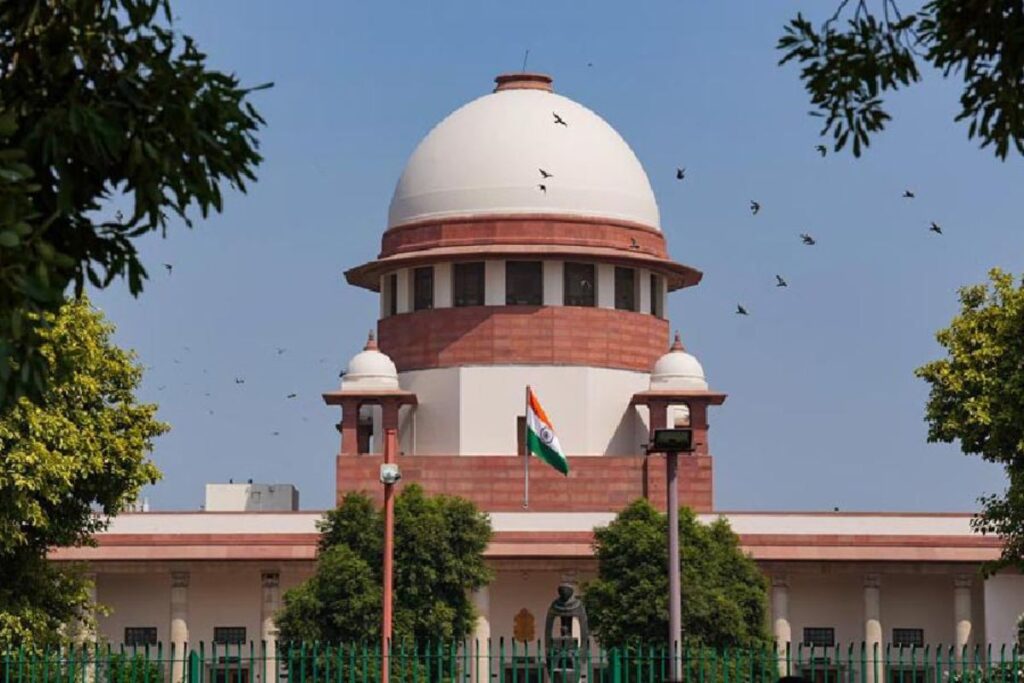Jahanvi Agarwal
Faced with the unbearable burden of their only son’s 11-year-long vegetative state and mounting medical expenses, the parents of a 30-year-old man made a heartbreaking plea to the Supreme Court on 20th August 2024. Desperate to end their child’s suffering, they requested the Court to consider the removal of the Ryles tube through which he is fed, effectively seeking passive euthanasia. The Ryles tube, a disposable medical device inserted through the nose to provide nutrition and medicine directly to the stomach, has been the man’s only source of sustenance since a tragic accident left him severely disabled.
However, the Supreme Court, while deeply sympathetic to the parents’ plight, clarified that the removal of a Ryles tube does not constitute passive euthanasia. The bench, consisting of Chief Justice D Y Chandrachud and Justices JB Pardiwala and Manoj Misra, emphasized, “Removal of the Ryles tube is not part of passive euthanasia. If the Ryles tube is removed, the patient will starve and die. Passive euthanasia is very different. Ryles tube is not a life support system.”
The couple, Ashok Rana, 62 years, and Nirmala Devi, 55 years, have endured over a decade of emotional and financial strain, watching their son remain in a vegetative state following a severe head injury and quadriplegia caused by a fall from the fourth floor of his accommodation in Mohali while pursuing his degree in civil engineering. Their counsel informed the Court that despite their limited income, they have spent everything they had to care for their son, even selling their house in 2021 to cover the escalating medical costs. The father’s meager pension was simply not enough to sustain the family.
The Supreme Court acknowledged the parents’ suffering, recognizing that the Delhi High Court had rightly dismissed their petition for passive euthanasia under existing legal precedents. In 2018, the Supreme Court permitted passive euthanasia in India, and last year it further relaxed the procedure for withdrawing life support from terminally ill patients in a vegetative state with no chance of recovery. Yet, the Court reiterated, “We cannot permit passive euthanasia as he is not on a life support system, even though fed through Ryles tube”.
Despite the legal constraints, the Bench did not dismiss the gravity of the situation. The CJI remarked, “It is a very hard case. The parents have struggled for 13 years and can no longer take care of their son’s medical bills”. The Court appealed to Additional Solicitor General Aishwarya Bhati to consult with the Union government to explore whether a permanent solution could be found to relieve the parents of their financial and emotional burden. The Bench urged, “Please find out if some institution can take care of this person.”
In response, Bhati assured the Court that she would consult with the Health Ministry and provide a response. The Court’s intervention highlights the profound human suffering involved and the difficult ethical and legal challenges surrounding end-of-life care in India.
Bench: Chief Justice D Y Chandrachud and Justices JB Pardiwala and Manoj Misra

